|
As the 2024 Summer Olympic Games get underway, millions will be actively watching the events and purchasing Olympic swag.
Unfortunately, too many will become the victims of online scams run by unscrupulous deceivers. They set up very sharp and slick-looking e-commerce sites with the sole purpose of absconding with your money or even your identity. According to Gen Digital's Threat Labs, scam attacks increased over 280% during the last summer Olympics and 238% during the last winter games. Even if you and your family members take precautions vetting these sites to prevent falling for these fakes, you might consider investing in the following types of insurance coverage: Hardly a day goes by that I don't hear comments bemoaning the rise of homeowners insurance - or worse - the receipt of a non-renewal notice from an insurance company.
Why are these actions happening and affecting even those who haven't filed a claim on their homeowners insurance? Recent reports shed a spotlight on the data found, including these 4 eye-opening facts that help answer that question: Even though meteorologists' technology resources allow us to anticipate some upcoming severe weather events, others can crop up with little warning.
Since these events can leave behind significant damage and disruption, policyholders should be prepared well ahead of time for such occurrences to ensure your safety and protect your property. Here are 5 key tips to help you stay prepared for a potential claim from a weather-related event: Did you know July 4th consistently ranks as one of the biggest days for insurance claims?
So as you gear up to celebrate Independence Day, be very aware of the potential risks that come with the fun and festivities. Here's what you need to know to protect yourself and your property: As insurance rates have climbed over the past several years, it has insureds hard pruning coverages to offset those increases.
It's understandable why they're doing that, but it's like gambling with their money. Many become significantly under-insured when they do that and take on huge financial risk. It takes just one event to financially destroy them, as the following examples illustrate: Filing a homeowners insurance claim is a necessary step when disaster strikes, but many homeowners are concerned about the potential impact of a claim on their insurance rates.
Does your insurance premium go up after filing a claim? Here's the answer, along with some clarification: Owning or using a watercraft - whether a speedboat, jet ski, or pontoon - can be a source of great enjoyment but it comes with its own set of risks and responsibilities.
It should go without saying that understanding and having the right insurance coverage to protect yourself, your passengers, and your investment is a given. There are various types of watercraft coverage to consider including:
Then there are some key insurance considerations depending on whether you're a watercraft owner or a user: Golf carts have seen a rise in popularity for driving on neighborhood streets.
If you're considering the practicality of using a golf cart for this type of family transportation, you need to be very clear about local laws and insurance essentials. As insurers are tightening their criteria of their client portfolio due to the industry's hard market, the occurrences of cancellations and non-renewals are on the uptick.
It's especially important in this climate that you understand the difference between these two actions, reasons insurers take them, and how to avoid being the recipient of either of them. As with other industries, the insurance market is cyclical, and we're currently in what's called a "hard market."
A hard market is when political, societal, climate, and other factors cause insurers' profits to fall. Over the past several years, the impact of these factors have combined to a point where insurers have experienced greater losses and have had to make adjustments to maintain profitability. Insurers have become more conservative in what they are underwriting causing their portfolios to shrink and clients' premiums to rise. Historically, hard markets haven't lasted as long as "soft markets," which is when market conditions are just the opposite. In soft markets, insurers' revenue reserves are higher and they are able to be less strict in the risk they underwrite. This allows them to increase their client portfolios, there is more competition among companies, and premiums are very stable over time. SO, what can you do while we're in a hard market to soften its impact? Have you noticed the severe thunderstorms including hundreds of lightning strikes that have swept across large swaths of our country over the past several weeks?
Lightning is among the most prevalent natural hazards capable of inflicting damage upon residential properties. It's important to understand what aspects of lightning-related harm are covered by your homeowners insurance policy, what falls outside its scope, and the necessary steps to take should your home sustain a direct strike. In my last post, I highlighted the advantages of bundling your home and auto insurance policies. However, it's essential to recognize that bundling isn't always the best approach.
There are certain scenarios where keeping your home and auto insurance policies separate may prove more beneficial. Here are a few of these situations: Bundling your auto and home insurance policies with the same insurer can offer a range of advantages. Here are five compelling reasons to consider this approach:
In today's online world, it's possible to get insurance quotes without the involvement of an agent. But, the convenience of direct access to insurance companies or chatbots may come at a cost when you find yourself in a claim situation. Going solo could lead to headaches and financial hardships if you haven't chosen the right coverage.
An experienced insurance agent is invaluable when it comes to providing personalized guidance for this critical form of financial protection. Rather than navigating the complex world of insurance alone, an agent partners with you to ensure your needs are met. When choosing an insurance expert to entrust with your coverage, consider these seven factors: I continue to get calls from people because their auto insurance premiums are rising at renewal time, and they're searching for lower rates.
Many of these potential clients haven't had any accidents, tickets, moving violations, etc. to directly cause their rates to rise, so why are they experiencing this? There are a number of factors that contribute to this, including these 5 reasons: Renting a car for a spring road trip? When it comes to insurance coverage, things can get a bit tricky. Here are 4 items to consider before signing the rental agreement.
March Madness is a captivating event as millions of college basketball fans across the country analyze the teams and create their own (hopefully winning) brackets.
As we all watch the games and cheer for our favorite teams, we can also learn valuable lessons about selecting homeowners and auto insurance. Here are 3 important takeaways from March Madness that can help you choose the right homeowners insurance coverage. With St. Patrick's Day coming up, it's worth noting that even the Luck of the Irish can sometimes result in less-than-fortunate circumstances.
Here are a few unfortunate snippets from insurance claim reports to brighten your day: March is National Credit Education month so it's a great time to understand this.
Here are 2 ways your credit score influences your insurance rate: In the past, homeowners who rented out their properties once a year for local events often relied on their standard homeowners insurance.
But with the surge in short-term vacation rentals, insurance policies have also evolved, prompting the need for a closer look at coverage options, including these 5 areas: With tornado season already underway in the South, it's important to recognize what most standard homeowner's insurance policies provide for "all-perils" coverage.
This insurance coverage includes protection against tornado damage, but understand that there may be potential exclusions or limitations within your policy that can greatly impact your coverage. For example: Umbrella insurance serves as an added layer of protection, going beyond the confines of your existing insurance plans.
It acts as a safeguard against significant financial setbacks in situations where you may be deemed liable for damages or injuries to others including: bodily injury, property damage, personal liability, and advertising injury. Consider the following scenarios: Telematics is the use of GPS and other technology in vehicles to track driving behaviors and habits.
Insurance companies use behavioral analytics to determine the driving behavior of their policyholders and adjust insurance rates accordingly. There are pros and cons for policyholders considering using telematics. Here are a few: "Green" discounts - perks on your homeowner's insurance for embracing energy efficiency and eco-friendliness - are becoming more popular among homeowners.
Along with familiar green discounts like solar panel and smart home technology, here are 3 additional possibilities you may not have thought about: Looking to save on homeowners insurance? You're probably familiar with some saving options like bundling and claims-free discounts, but there are other lesser-known discounts you might qualify for. Here are 3:
|
AuthorDennis Lam Archives
July 2024
Categories
All
|















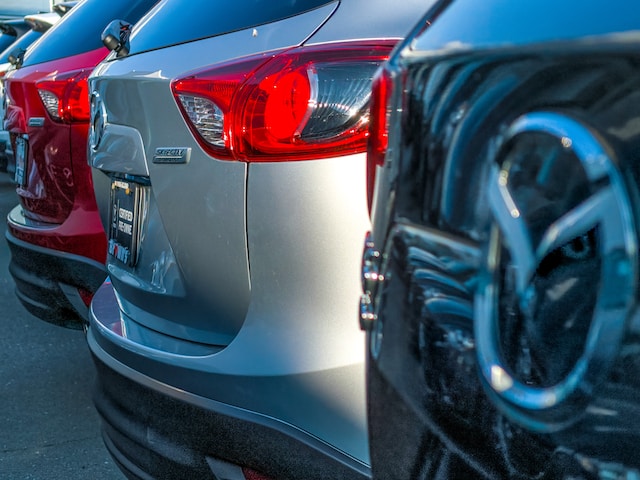


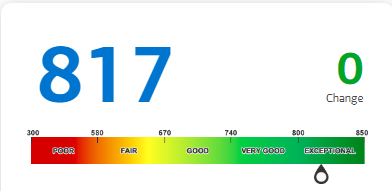

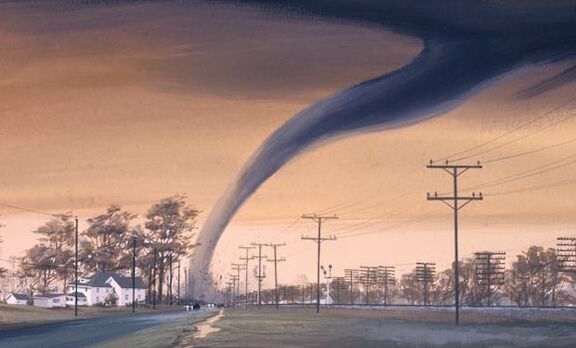
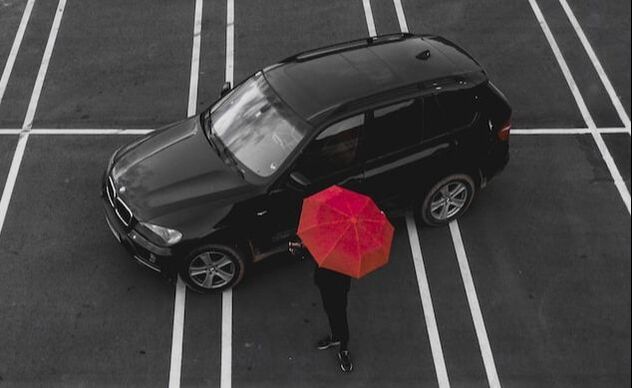

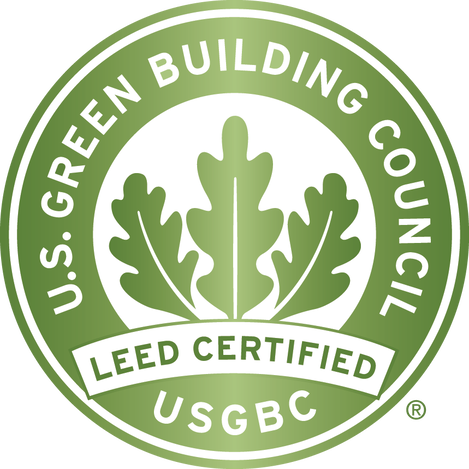

 RSS Feed
RSS Feed
